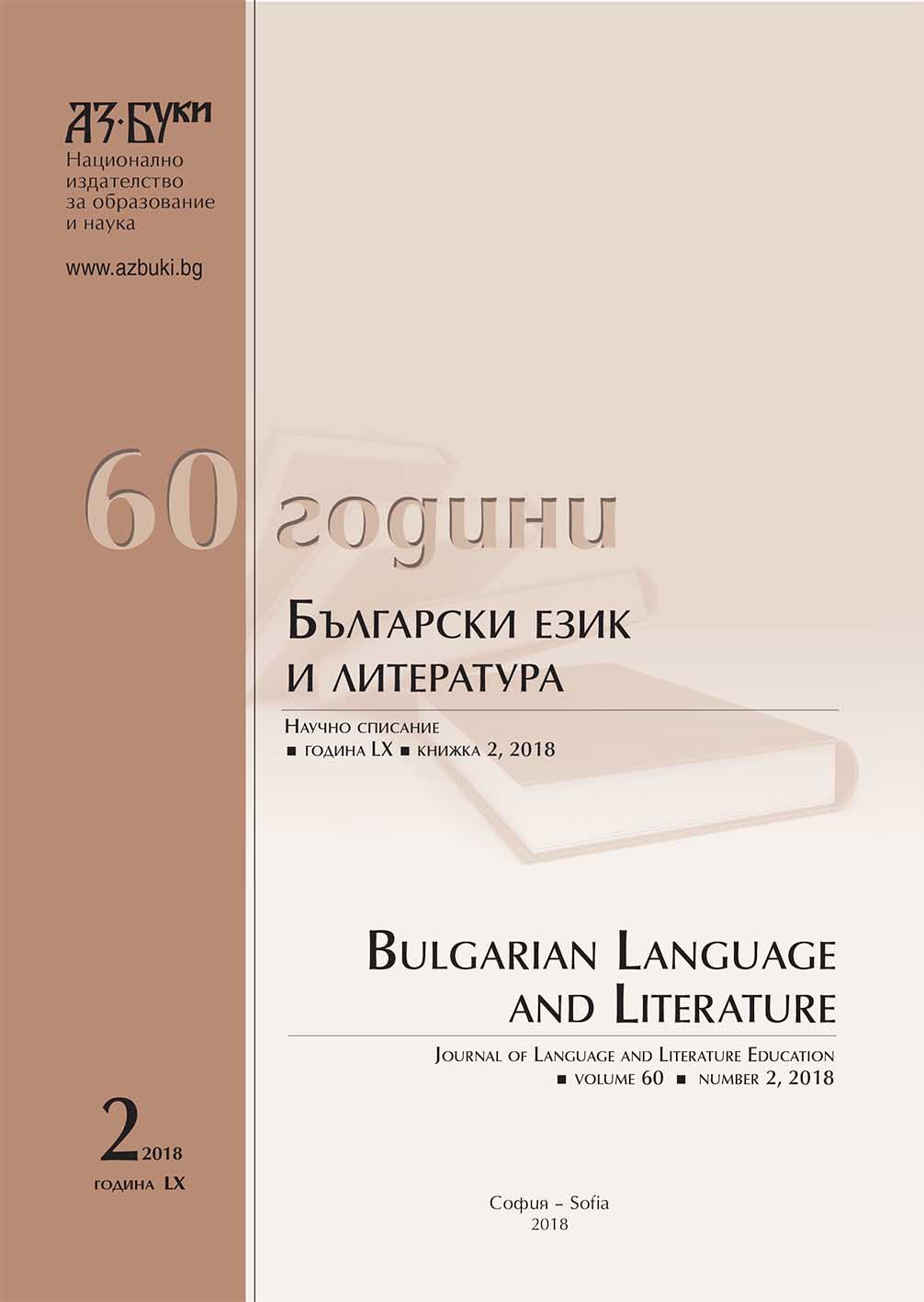Формиране на новобългарския книжовен език през Възраждането
Formation of the New Bulgarian Literary Language during the Renaissance
Author(s): Tatyana AleksandrovaSubject(s): History, Social Sciences, Language studies, Language and Literature Studies, Education, Theoretical Linguistics, Sociology, Local History / Microhistory, Social history, Modern Age, Historical Linguistics, Sociolinguistics, South Slavic Languages, Vocational Education, Adult Education, State/Government and Education, Social development, Family and social welfare, Social Informatics, Sociology of Culture, Sociology of the arts, business, education, Economic development, 18th Century, 19th Century, Social Norms / Social Control, Sociology of Politics, Inclusive Education / Inclusion, Identity of Collectives
Published by: Национално издателство за образование и наука „Аз-буки“
Keywords: peculiarities of the New Bulgarian literary language; relationship between the formation of the Bulgarian literary language and the formation of the Bulgarian nation; Renaissance
Summary/Abstract: The article discusses the relationship between some peculiarities of the New Bulgarian literary language and the process of formation of the Bulgarian nation during the Renaissance. Characteristics such as piety to native language, movement to build a common and comprehensible for all literary language with modern norms, use of variant forms; a lack of a narrowly dialectic basis mark the pattern of forming of national literary language corresponds to such historical features as the lack of political autonomy, as well as the principles of egalitarianism and democratization, and a network model of social organization and functioning of public and cultural institutions.
Journal: Български език и литература
- Issue Year: 60/2018
- Issue No: 2
- Page Range: 155-163
- Page Count: 9
- Language: Bulgarian
- Content File-PDF

